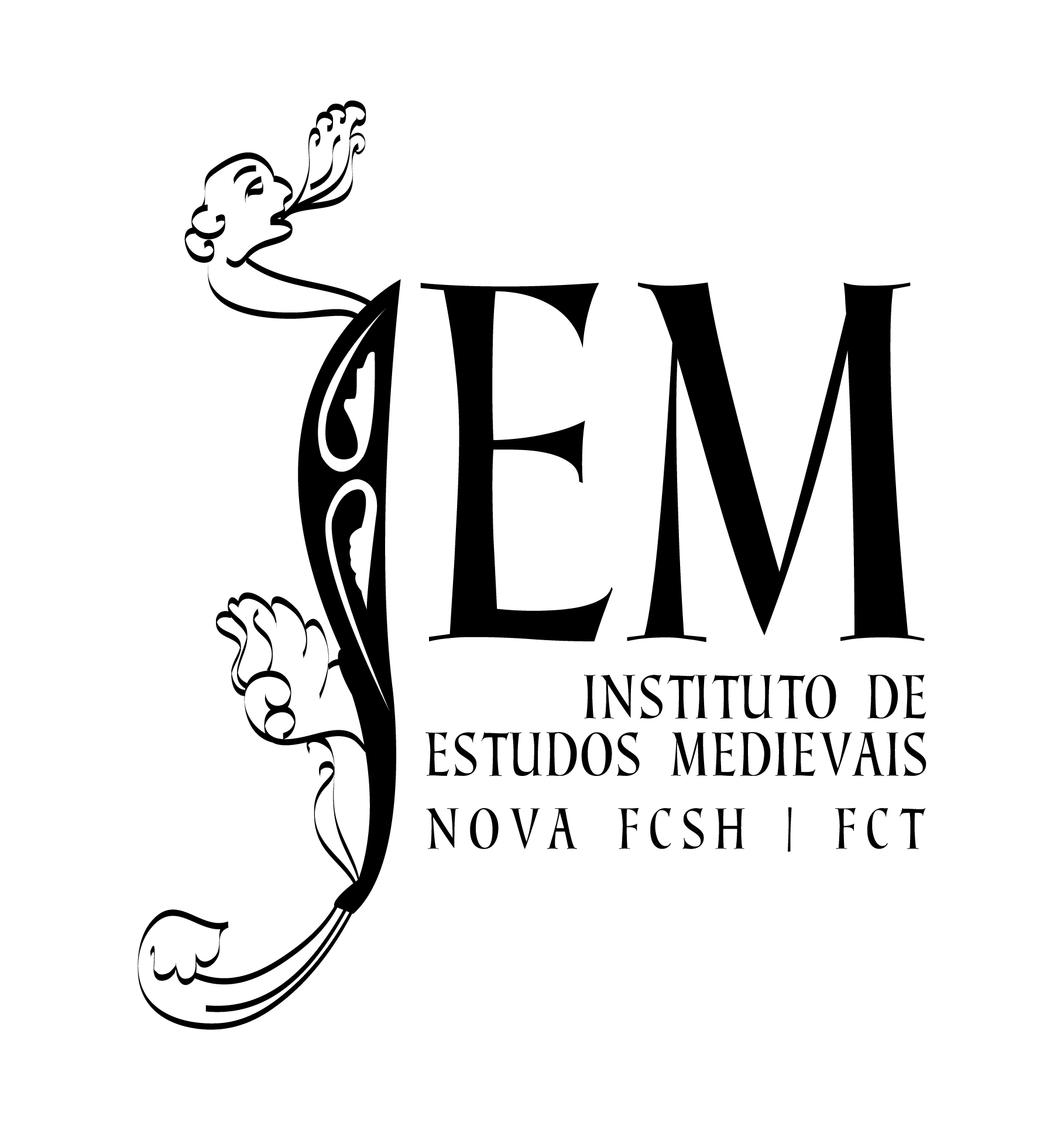Medieval troubadour
Bibliographic notes
Portuguese troubadour and magnate, whose biography is relatively well-known, as it has been treated by Carolina Michaëlis2 and, more recently, Leontina Ventura3. Natural of Aboim da Nóbrega, south of Ponte da Barca, in the region of Entre-Douro-e-Minho, where he would have been born around 1213, he was the son of Pero Ourigues da Nóbrega, chamberlain of Prince Afonso (future Afonso III). In 1230, he left with his father to France, following the prince in his fifteen years stay in the French court, next to his aunt Branca de Castela, widow of Louis VIII and regent. With him he would return in 1245, at the start of the civil war that would lead the then Count of Boulogne to the throne. From that moment on, Dom João de Aboim, made a rico-homem by Afonso III, becomes one of the most important figures of the Portuguese court, being successively counselor to the King (since 1248), alferes (1250-1255), mordomo to Queen Beatriz (1254-1259) and. from 1264 to the monarch’s death, mordomo-mor of the royal chancery. He was also lieutenant of Ponte de Lima and of Alentejo. Besides the roles he was called to perform, he also received numerous donations from the King, the most important one being the concession, in 1261, of the lordship of Portel, with the permission to build a castle there. Through these donations, but also by selling and buying, he built an immense patrimony, having assets all over the country, not only in his native region, Entre-Douro-e-Minho, but also in Beira Litoral (Coimbra, Leiria, Ourém), Ribatejo (Santarém, Torres Novas, Cartaxo), Estremadura (Lisboa, Torres Vedras, Mafra, Sintra) and also Alentejo (where, besides Portel, he founded Vila Boim and the monastery of Marmelar), this being a brief listing. As the books of lineages tell us, he himself had a court with “mui bons vassalos”.(very good vassals)After the death of Afonso III he kept signing documents in the court of Dom Dinis, now as Lieutenant of Evora. It should be added, however, that Dom João de Aboim is one of the signatories of the sentence against Prince Sancho of Castile, ruled by Alfonso X in Seville, in 1282 (which may indicate some distancing in relation to the politics of the Portuguese monarch, which took the prince’s side during the grave successory conflict he held with his father).
Upon his return to Portugal, in 1246, Dom João married Marinha Afonso de Arganil, with whom he had two children. He died in March of 1285 and is buried in the monastery of Marmelar.
Bibliographic references
1
González Jiménez, Manuel (Ed.)
(1991),
Diplomatario andaluz de Alfonso X
El Monte, Caja de Huelva y Sevilla
2
Vasconcelos, Carolina Michaëlis de
(1990),
Cancioneiro da Ajuda, vol. II
Lisboa, Imprensa nacional - Casa da Moeda (reimpressão da edição de Halle, 1904)
3
Ventura, Leontina
(),
"João Peres de Aboim - da terra da Nóbrega à corte de Afonso III", in Revista de História Económica e Social, 18
, 57-73


